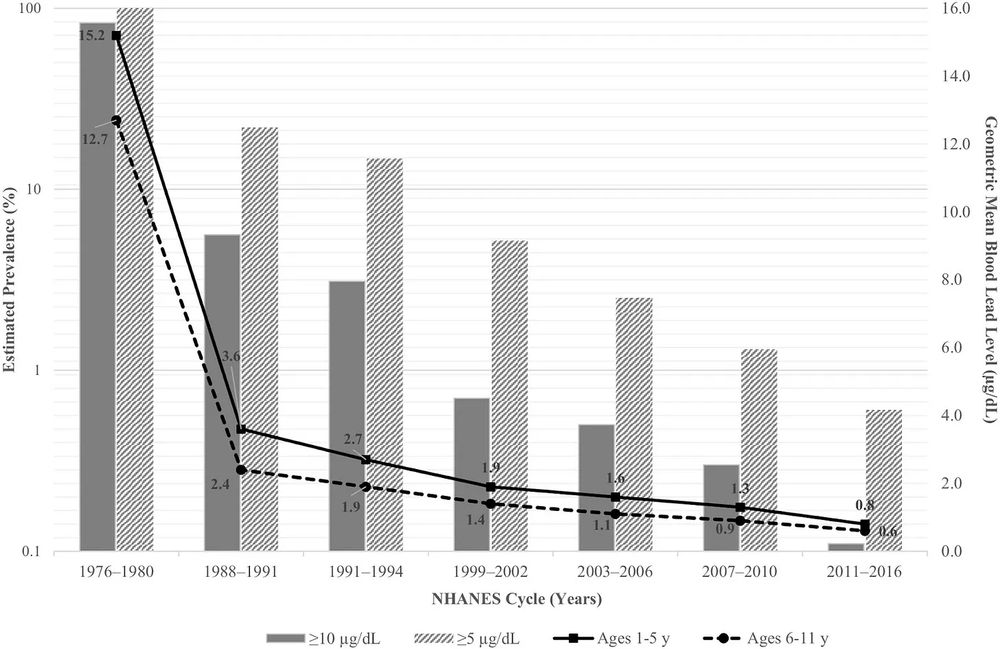
Charity for All: amarcusdavis.substack.com
Just in 2025 the cuts will cause the deaths of ~1.8 million, including nearly 700 thousand children under 5.

Just in 2025 the cuts will cause the deaths of ~1.8 million, including nearly 700 thousand children under 5.
My full post on lead exposure, and efforts to end it: amarcusdavis.substack.com/p/how-my-chi...

My full post on lead exposure, and efforts to end it: amarcusdavis.substack.com/p/how-my-chi...
Around the world, millions face the same contamination, but aren't aware of the risks or can't afford protection.
Around the world, millions face the same contamination, but aren't aware of the risks or can't afford protection.
www.openphilanthropy.org/research/ann...

www.openphilanthropy.org/research/ann...
Inspiring work: leadelimination.org
Inspiring work: leadelimination.org



Please join me in applying some of that scrutiny.
amarcusdavis.substack.com

Please join me in applying some of that scrutiny.
amarcusdavis.substack.com
After all, Lincoln originally proclaimed "charity for all" during the middle of a civil war!

After all, Lincoln originally proclaimed "charity for all" during the middle of a civil war!
At my day job, at Rethink Priorities, we've worked with a huge range of actors which includes GiveWell and Charity Navigator but also farm animal welfare, nuclear risk, and how to make decisions in the face of moral uncertainty.

At my day job, at Rethink Priorities, we've worked with a huge range of actors which includes GiveWell and Charity Navigator but also farm animal welfare, nuclear risk, and how to make decisions in the face of moral uncertainty.
These are guidelines, not dictates.

These are guidelines, not dictates.
This means not treating the accident of my birthplace as important. It means prioritizing based on need.

This means not treating the accident of my birthplace as important. It means prioritizing based on need.


